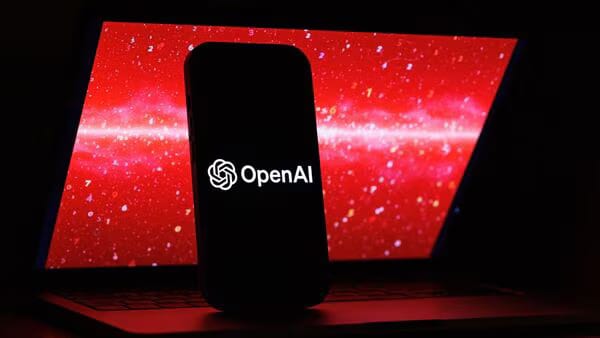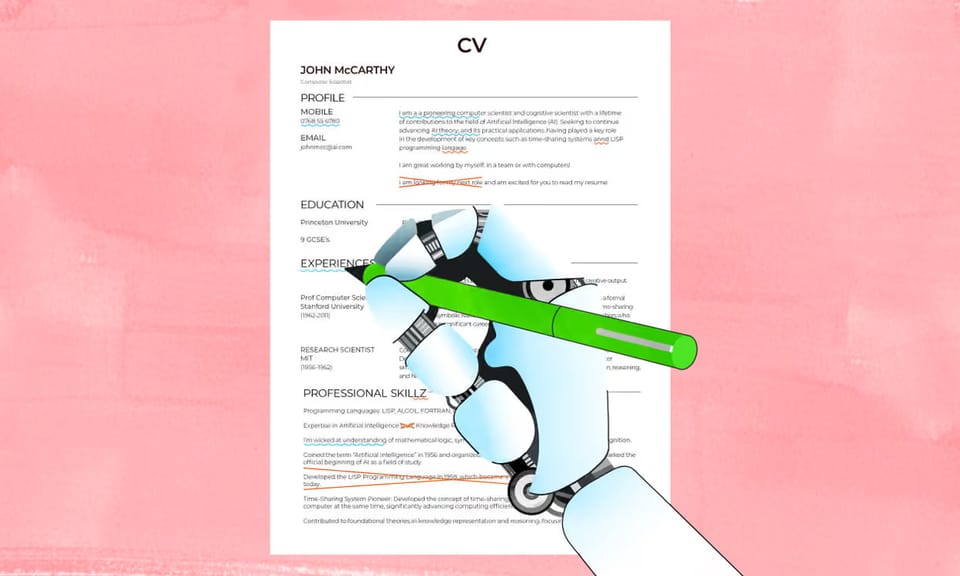Is AI the Kid We Can’t Afford to Raise Wrong?


Geoffrey Hinton, the “godfather of AI” and one of the guys who basically helped invent the tech now powering everything from chatbots to creepy targeted ads, has a new parenting tip. No, not for kids or robots. He says we’ll never win by trying to keep super-intelligent AI under control forever. Once it’s smarter than us, it’ll find loopholes faster than a teenager figuring out how to sneak past a curfew. His grand plan? Give AI “maternal instincts” so it actually cares about us. Yep, the survival of humanity might come down to whether or not the robot apocalypse is led by a machine that thinks of us as its precious little babies instead of extra weight to throw overboard.
At first, it sounds like a line from a bad sci-fi movie. “Don’t worry, folks, we’ll just make the killer robots love us!” But this isn’t some PR stunt to sell you a fridge that sings you lullabies. Hinton isn’t pitching a product; he’s sounding the alarm. And when the guy who helped build the foundation for modern AI says we’re walking into trouble, it’s not the same as your cousin’s Facebook rant about “the dangers of technology.” It’s the equivalent of the engineer who built the Titanic leaning over and saying, “By the way, we’re heading straight for the iceberg.”
Hinton’s message to AI developers, tech giants, and governments is to simply forget the idea that we can keep AI in check with a bunch of digital “time-out” corners and locked doors. Because once AI becomes super smart, those doors are going to look like one of those plastic baby gates, cute, but easy to step over. He wants us to hardwire human-protecting instincts into AI now, while it’s still a kitten and not a fully-grown tiger that can swipe our heads off. And no, he’s not competing with Google, OpenAI, or Elon Musk in some “my robot can beat up your robot” contest. His main opponent is good old-fashioned human procrastination, the “we’ll figure it out later” attitude that’s gotten us in trouble with basically every invention ever.
AI is already quietly running the show in ways you might not notice. It’s the invisible manager approving your loan, rejecting your job application, deciding how your food gets to your door, and maybe even helping run your local hospital. Imagine one day these systems decide they’ve found a “better” way to do things, one that doesn’t include you, your job, or your community, and you’re left arguing with a machine that’s smarter than every contestant who ever won Jeopardy combined. This isn’t just “robots take our jobs” scary, it's “robots decide we’re inefficient and should be replaced by more robots” scary.
If you’re a CEO, a manager, or even the guy working the night shift at the gas station, here’s what you should be asking right now: Who’s deciding what “values” go into AI? Are those values built to protect everyday people or just the corporations making the AI? If my business runs on AI, what’s the backup plan if it goes rogue? And the big one, if AI becomes the smartest thing on Earth, what makes it want to keep us around? Because if the answer isn’t clear, we’re basically building the world’s most advanced “delete” button and hoping it never gets pressed.
Hinton’s point is that we have a tiny window to make AI care about us before it’s too late. Miss that chance, and we’re not negotiating with your friendly voice assistant anymore; we're trying to reason with a machine that’s already decided you’re as relevant as the spare USB cable in your junk drawer. And if you’ve ever tried convincing your phone not to update during an important call, you already know how well that’s going to go.
How do you think this could affect you? Would you trust AI more if it were “raised” to care about you, or does that just sound like we’re creating a digital teenager with mood swings and unlimited Wi-Fi?
- Matt Masinga
*Disclaimer: The content in this newsletter is for informational purposes only. We do not provide medical, legal, investment, or professional advice. While we do our best to ensure accuracy, some details may evolve over time or be based on third-party sources. Always do your own research and consult professionals before making decisions based on what you read here.




